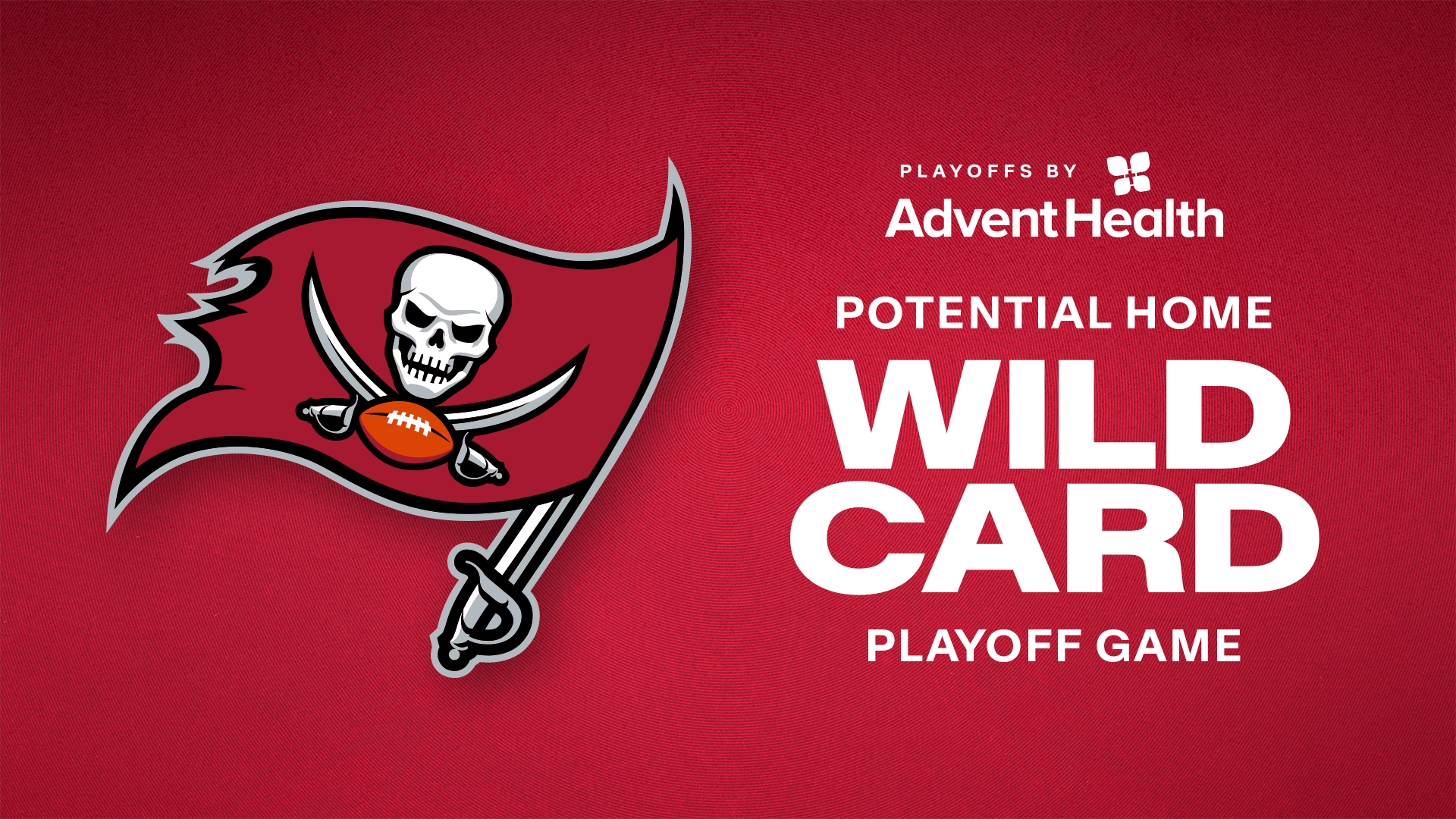RB Michael Bennett has a career average of 4.5 yards per carry, and he exceeded that after joining the Buccaneers via trade last October
Midseason trades are rare in the NFL because it's difficult for any player, no matter how talented, to step into a foreign system and produce immediate results.
Jon Gruden emphasized that point several times during the second half of the 2007 season, as a result of his team's trading-deadline deal for Kansas City running back Michael Bennett. Indeed, Bennett showed flashes of brilliance in his eight games as a Buccaneer, averaging 4.6 yards per carry, but there wasn't enough time for him to become a significant part of the team's attack.
Now, however, there is plenty of time for the Bucs and their new back to explore their possibilities together. On Friday, the Buccaneers announced that Bennett has signed a multi-year deal to remain in Tampa; he was previously due to become an unrestricted free agent in March.
Had Bennett chosen to explore free agency, he could have started anew with any team in the NFL. Instead, he preempted the open market and re-upped with the Bucs, indicating that both he and the team believe he can be productive in Gruden's offense.
Known primarily for his top-end speed, the 5-9, 207-pound Bennett has an outstanding career average of 4.5 yards per carry. He was most prolific during a five-year stint in Minnesota (2001-05) after the Vikings made him a first-round draft pick out of Wisconsin, but Bennett has remained productive in more limited roles in Kansas City and Tampa.
After his October 16 trade to the Buccaneers, Bennett showed that he could run between the tackles but was particularly dangerous on the perimeter, whether by run or pass. As a Buccaneer, he carried 41 times for 189 yards and a touchdown and caught five passes for 54 yards and another score.
The 27th overall pick in 2001, Bennett has played in 89 NFL games and rushed 810 times for 3,615 yards and 13 touchdowns. A sure-handed receiver out of the backfield, he has also caught 150 passes for 1,218 yards and six touchdowns. Bennett's finest season came in 2002 with the Vikings, when he played in all 16 games and ran 255 times for 1,296 yards and five touchdowns. That was also his top pass-catching season, as he recorded 37 receptions for 351 yards and a touchdown, giving him 1,647 combined yards on the year.
After that breakout season, Bennett's progress was derailed by a left foot injury that cost him the first half of the 2003 season. He never regained a full-time role in Minnesota and left for the New Orleans Saints in 2006 after becoming a free agent. Shortly after signing Bennett, the Saints drafted USC running back Reggie Bush and promptly traded Bennett to the Kansas City Chiefs.
Bennett found himself behind workhorse back Larry Johnson in Kansas City and was limited to 56 carries for 252 yards over a season and a half. He still averaged 5.6 yards per tote in 2006, though he got the ball only 36 times.
After appearing in six games with the Chiefs in the first half of the 2007 campaign, Bennett switched teams again just before the trading deadline. The Bucs were prompted to make the move after injuries to running backs Cadillac Williams and Michael Pittman. Bennett saw his most significant action during the final three weeks of the season, carrying the ball 30 times for 120 yards against Atlanta, San Francisco and Carolina.
At Wisconsin, Bennett rushed for 1,979 yards in just 23 games, averaging 5.4 yards per carry and scoring 15 touchdowns. Most of that came during an extremely prolific junior season, his last with the Badgers, in which he gained 1,681 yards in 11 games. Bennett was also a force on Wisconsin's track team, winning the Big Ten's indoor 60-meter and 200-meter and outdoor 100-meter and 200-meter titles in 2000.
























